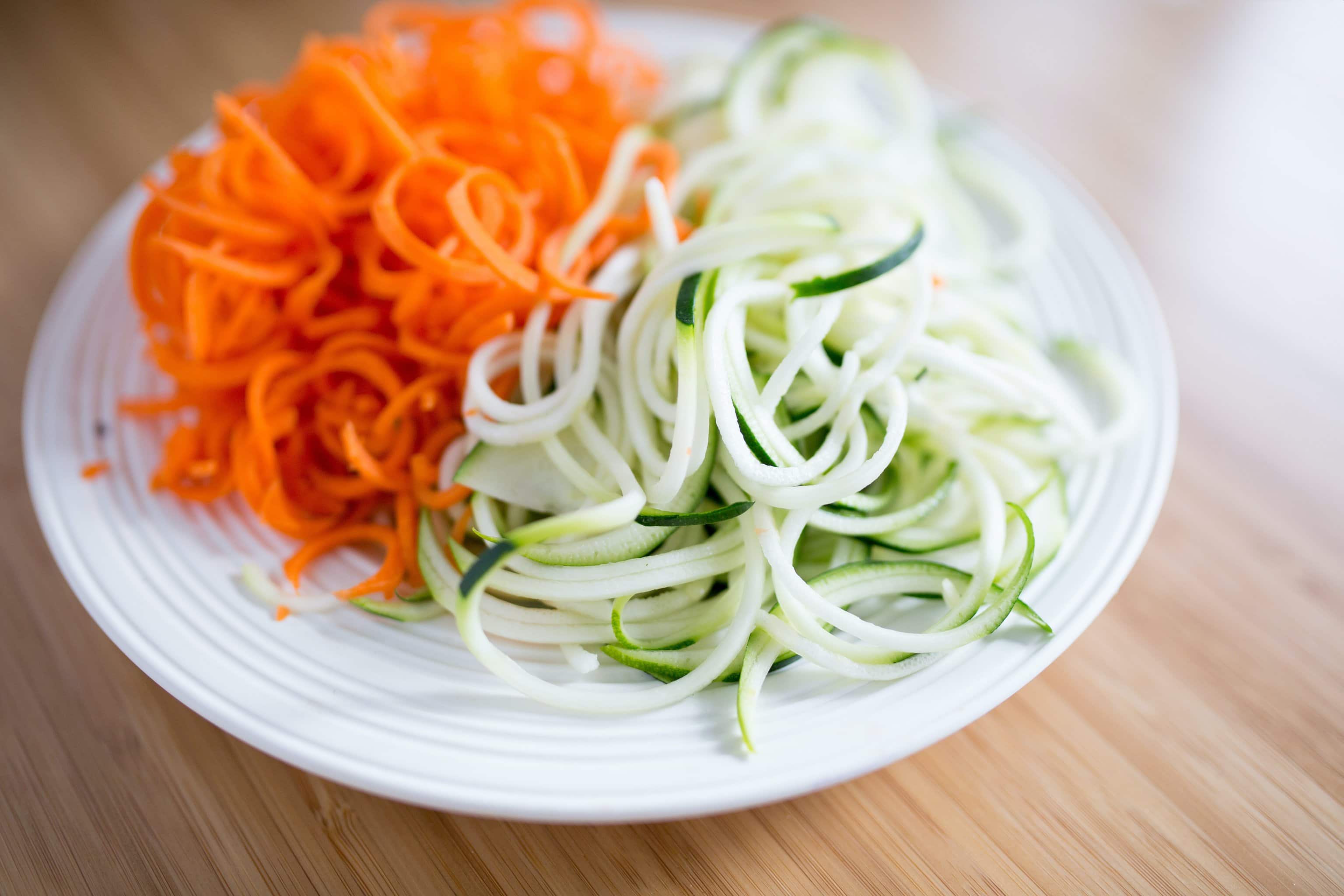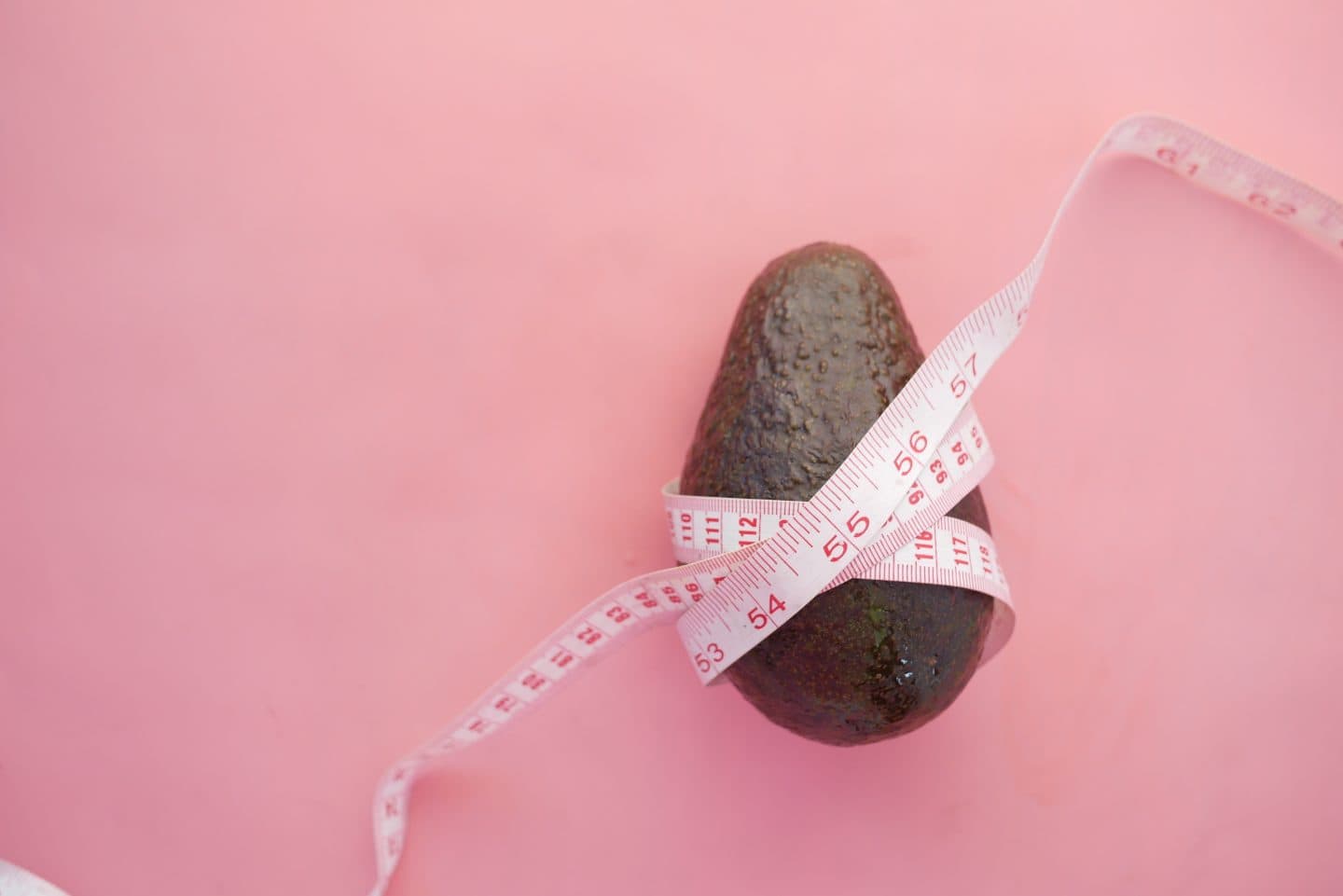A question I get asked a lot when sharing my weight loss journey and one I have been known to ask plenty myself is: How many calories should I eat? In a world obsessed with diets and body image, getting lost in the numbers game of calorie counting is easy. From weight loss plans to fitness apps, we are bombarded with information about how many calories we should consume, and you can guarantee the figure they all state differ from one another massively! So what is the answer? Is there truly an answer or is the figure so unique to each individual it would be impossible to say?
Understanding Calories
Before we start throwing any figures around, I think it is important to establish what a calorie actually is. Simply put, a calorie is a unit of energy that our bodies require to function – breathing, pumping blood around our bodies, maintaining temperature and moving around etc. It is obtained through the food and beverages we consume throughout the day. Your body requires a certain number of calories each day to do all the basic survival functions. This number is unique and individual to you. It is dependent on a number of different factors, and you can work yours out here.

You may have heard this number being referred to as your maintenance calories. It is called this because when you consume only this number of calories, your body has no additional energy left to store. If you eat over this amount, your body will use the necessary calories and then store the additional as fat. If you consume less than your maintenance calories, your body has to take some of the stored energy, aka fat, to make up the deficit.
Calories and Weight Management
Calorie intake often comes into focus when discussing weight management or starting a weight journey. The fundamental principle behind weight gain and weight loss revolves around the energy balance equation that I explained above. Ultimately -if you consume more calories than your body needs, you may gain weight, and if you consume fewer calories than your body needs, you may lose weight. This is why calorie counting is a popular method for losing weight. However, it’s important to remember that weight management is a complex interplay of various factors, including genetics, metabolism, physical activity, and overall health. This is also an appropriate time to remind anyone looking to start a weight loss journey to first consult with a GP or health professional for advice tailored to your individual health needs.

Quality & Balance Over Quantity
While the concept of calories in versus calories out is crucial for weight management, it’s equally important to focus on the quality of the calories we consume. Not all calories are created equal, and just because you consume a certain number doesn’t mean you are hitting the correct nutrient goals. Foods that are nutrient-dense, such as fruits, vegetables, whole grains, lean proteins, and healthy fats, provide essential vitamins, minerals, and antioxidants that support overall well-being. On the other hand, foods high in added sugars, unhealthy fats, and refined carbohydrates offer little to no nutritional value, even if they are low in calories.
If you are aiming to lose weight and stay in a calorie deficit, for example, and you know that the figure you need to stay within is 1600, for example. You could absolutely consume nothing but 1600 calories worth of chocolate, but that won’t provide you with any benefit whatsoever. When your body lacks the nutrients it needs, it can lead to mood impact, restlessness, exhaustion, sluggish feeling and headaches, to name just a few symptoms. It’s important that you don’t just focus on a number goal and instead look at a balanced and quality diet that fits within the calorie goal you have set. Although it’s important to ask: How many calories should I eat? It certainly shouldn’t be the only focus.
Listening To Your Body
I know it’s easy to become obsessed with the figures but instead of fixating solely on calorie counts, it’s essential to develop a mindful and intuitive approach to eating. Our bodies have an incredible ability to communicate their needs to us, but as humans, we have become accustomed to ignoring it. Tuning in and listening to these signals can help us nourish ourselves in a way that promotes overall health and satisfaction. Pay attention to hunger and fullness cues, and aim to eat when you are genuinely hungry, stopping when you are comfortably satisfied.
I grew up in a household where it was rude to leave your plate without clearing it first. As a result, I have grown up with the unhealthy habit of eating despite being full. Sometimes I overeat so much that I feel physically ill afterwards! These unhealthy habits need to be recognised and addressed to help enable us to live a healthier life with a more positive relationship with food. What are your unhealthy habits? How does your relationship with food look? It’s all well and good asking: How many calories should I eat? But you will struggle to make a positive difference without looking at your overall relationship with food.
So, How Many Calories Should I Eat?
The truth of the matter is the number of calories each person needs varies based on individual factors, such as age, sex, height, weight, and activity level. Once you have your maintenance calories, it then depends upon whether you are wanting to:
Maintain your current weight – which, if you do, you need to stay within your maintenance calorie amount.
Lose weight, which means you need to eat in a calorie deficit, usually around 300- 500 calories below your maintenance calories.
Gain Weight – Eat above your maintenance calories.
It’s important to recognise that everyone is unique, and there is no one-size-fits-all approach to calorie intake. Consulting with a GP, registered dietitian, or nutritionist can provide personalised guidance and support based on your specific needs and goals. What is safe and healthy for one person doesn’t necessarily mean it is for someone else. It is always best to check it out first.
More Than Just A Number
While calories can serve as a useful guideline and something tangible to aim for, it’s important to remember that they don’t tell the whole story when it comes to nutrition. Focusing solely on numbers can lead to a restricted and unhealthy relationship with food. Instead, shift your focus towards nourishing your body with a wide variety of wholesome foods. Embrace a balanced approach that incorporates fruits, vegetables, whole grains, lean proteins, and healthy fats. This way, you provide your body with the essential nutrients it needs for optimal functioning whilst feeling satisfied, which will help tackle the urge to binge.
Avoid Unhealthy Habits
It can be tempting to find out your maintenance calories and then slash that figure to an unrealistic goal to try and lose weight faster. Don’t do this. As tempting as it may be, and I will tell you, I am the most impatient person in the whole entire world – it is not sustainable long term, and more importantly, it is not remotely healthy. What you often end up doing is you deprive your body of so much that you then end up going out and binging on way more than you would have done before, and this can cause you to actually gain weight rather than lose it. As boring as it sounds – slow and steady really does win the race.
I also want to say that calorie counting for whatever purpose should not become obsessive or consuming. You should not be fixated and focused on a calorie number to the point it impacts your day-to-day life. I’ve seen people so stressed and focused on this number it drives them to an eating disorder. This is why speaking to a health professional is advised because they can offer you advice and support. I have tried starvation-type diets, fads and gimmicks to try to lose weight – they did;t work. Don’t believe anyone that tells you that you should be eating 1200 calories a day – it’s highly unlikely that your body only requires such a short amount to survive, and you will do yourself harm in the long run.
Lifestyle Factors
Calorie needs are not solely determined by our physical activity level but are also influenced by other lifestyle factors. Stress, sleep patterns, and overall well-being can impact our metabolism and overall energy requirements. Strive for a healthy balance in all areas of your life, prioritising self-care, good mental health, regular physical activity, and adequate restful sleep. These factors work in sync to support your overall health and well-being. Calories are one part of the journey but only one piece of the overall puzzle.
In Conclusion
Calories are popular and useful when it comes to maintaining or losing/gaining weight. When it comes to: How many calories should I eat? As discussed, it’s based on a number of different factors; the main determination is your maintenance calories, and from there, you can work towards your goal – whatever that may be. We’ve also touched on some important health concerns associated with calories and the importance of a balanced, nutritional diet being the key goal rather than just focusing on a calorie number. Remember, health is always the most important factor in any diet or lifestyle change.
If you found this post or any of my posts helpful and you’d like to buy me a virtual coffee to say thanks, you can do so by clicking HERE – Thank you!
You can follow my journey with calorie counting here.
You May Also Like:
Delicious and Healthy Pasta Alternatives for Calorie-Conscious Foodies
Calorie Counting or Slimming World: Which One Is Right For You?
My 2023 Weight Loss Journey: Week 1 Update
Thank you for stopping by! Check out my last post here.
Love as always!
Want to find out more about me? Head over to this page. If you like reading posts like this, then you might want to follow me over on Bloglovin. Don’t forget you can find me on Instagram, Facebook, Twitter & YouTube.
As always, words, views and opinions are honest and my own. Links marked with “*” are affiliate links. This does not cost you anything additional but it may mean I earn a small percentage from any sales. For more information about any of this, please head over to this page.
